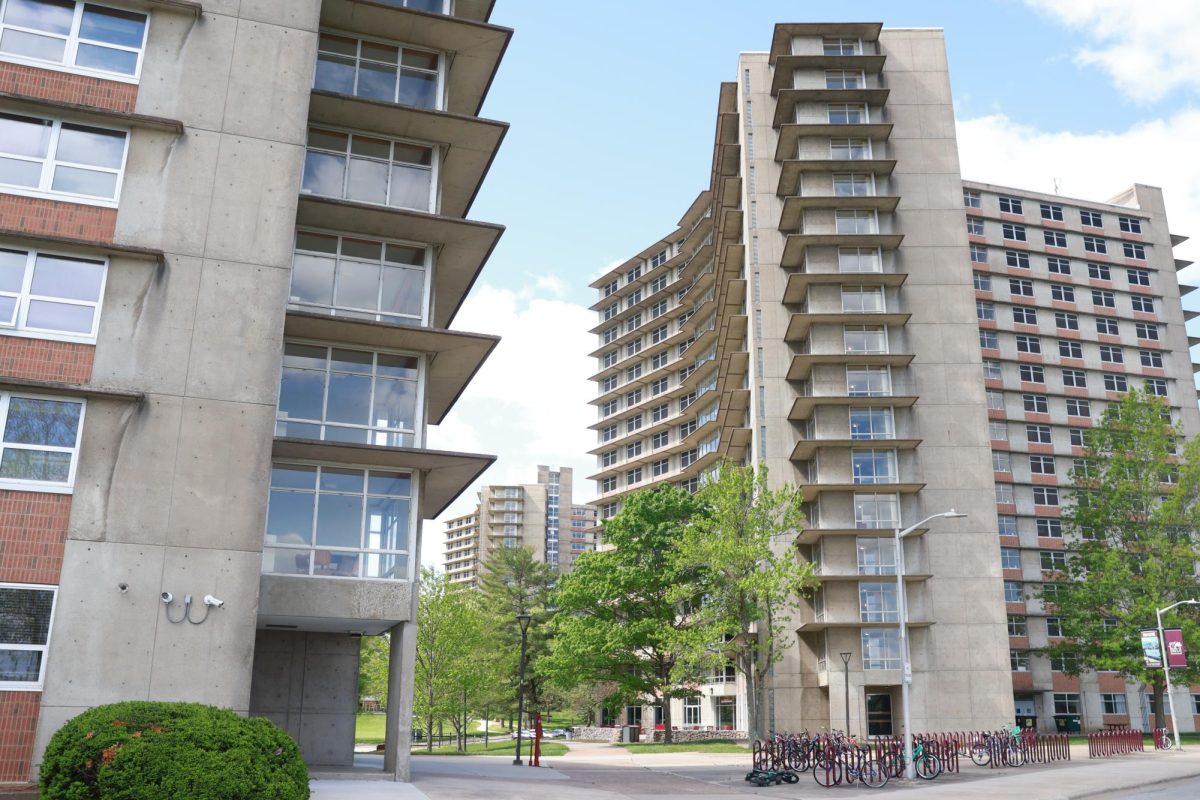Study shows rich have more sway in politics than average citizen
May 1, 2014
The average American now has proof he or she has less of an impact on politics than the rich.
A study released April 9 called “Testing Theories of American Politics: Elites, Interest Groups and Average Citizens” shows economic elites and organizations representing business interests have substantial impacts on government policy when compared to other groups and organizations. Princeton University professor Martin Gilens and Northwestern University professor Benjamin Page completed the study.
Gilens said one of the key factors in why the rich and pro-business groups have more power is because they have more money.
Advertisement
“I think it’s the rule of money in politics that in order to be a viable candidate, to be elected to office and to retain office, you need the backing of powerful donors,” he said.
Since money is such an important factor in politics, it makes it hard for anyone besides the rich to run for office successfully and impact policies, Gilens said.
This news might not shock people, but the fact that the middle class is only about as impactful on government policies as the lower class may surprise some Americans, Gilens said.
“We do have this image of America as a place where the middle class plays an important role in shaping what the government does and our work seems to suggest that that’s simply not the case,” he said.
In order for the divide between the rich and everyone else to become smaller, Gilens said campaign finance reforms are needed. He said there are campaign finance systems compatible with recent Supreme Court decisions that would radically alter the role money plays in politics.
A good example of this is legislation presented in March as part of New York City’s 2014-15 budget proposal, Gilens said. This legislation allows small contributions to be multiplied six times with public funding up to $175 or $1,050 after being multiplied. The goal is for the average individual to be able to impact the election process just as much as a rich individual, he said.
While many news articles and reports suggest it shows the country as more of an oligarchy than a democracy, Gilens said this simply isn’t true. In fact, the word is only used twice in the 40-plus-page report and only referencing another report.
Advertisement*
He said he does not agree with the term since the word oligarchy makes people think only a select few have the power when in reality, there are thousands of people who do.
“I think there’s a larger group of hundreds of thousands of people who have the ability to contribute real money to candidates and parties and groups and so on, and it’s a system tilted strongly to the rich, but I don’t know that oligarchy is a particularly apt description of it,” he said.
Scott McClurg, a professor of political science in journalism said the division in wealth can sometimes cause politicians to focus on legislation and laws only affecting the rich. He said this focus on what the rich want can affect the average American’s involvement in politics because it usually has little to no impact on them.
David Yepsen, director of the Paul Simon Public Policy Institute, said the findings of the report are not surprising but do help acknowledge there is a division between the rich and poor.
“I think it’s always been clear that elites in any society have more influence whether it’s because they have power or because they have money or both,” he said. “So at one level, the report is not very profound. At another level, it finally starts to quantify what we all sort of thought was going on and that is that well-to-do wealthy people have a lot of influence in public policy.”
Yepsen said it is important for average Americans to become involved in politics because even though there is a divide, ignoring politics altogether will give the rich more power and influence. He said average Americans have made successful impacts in politics such as the Occupy Wall Street movement and the Tea Party movement.
“I think people have to stay involved and get involved because it’s not going to get any better by people walking away,” Yepsen said.
Matt Daray can be reached at [email protected] or at 536-3311 ext. 254.
Advertisement







